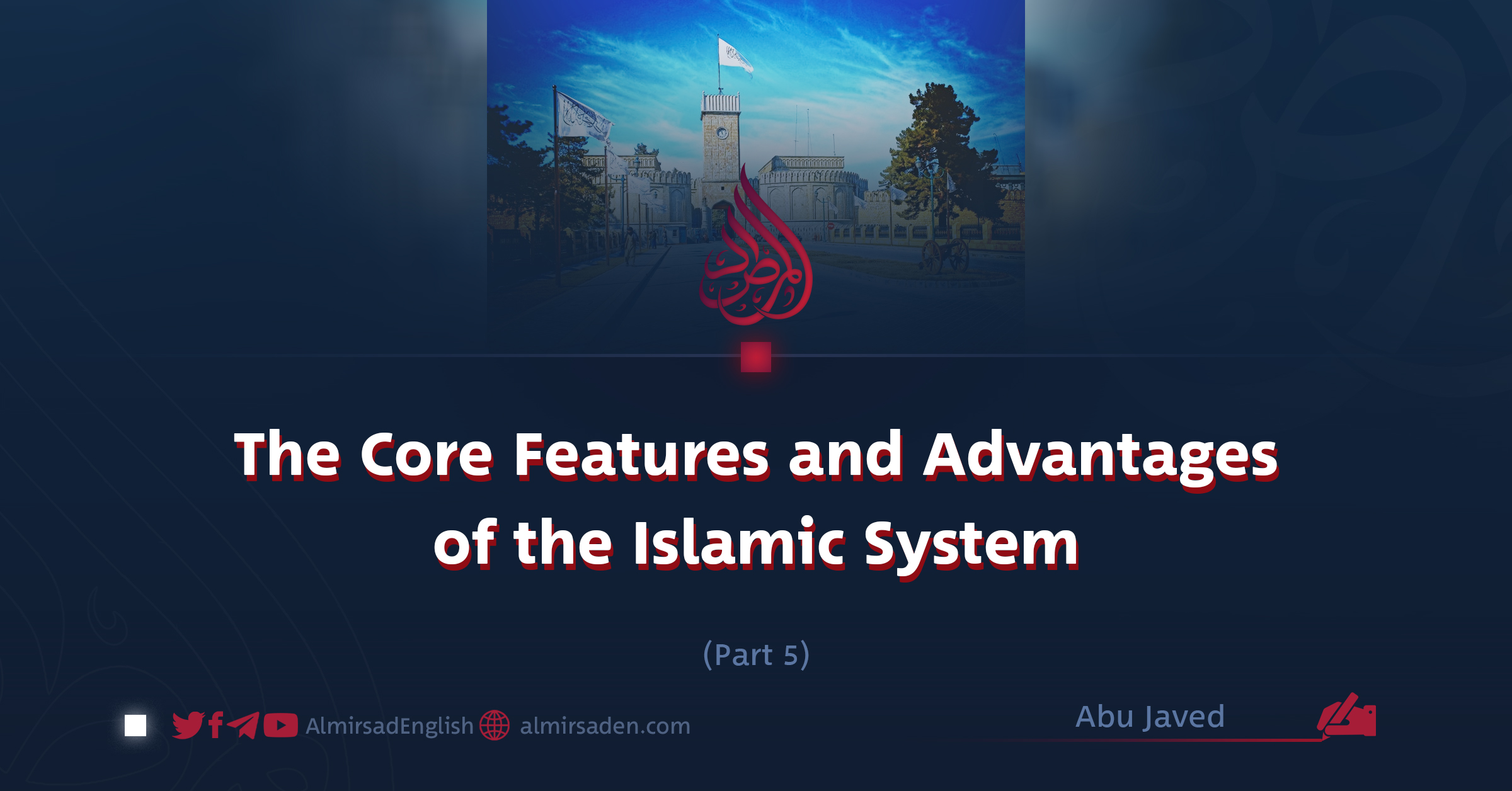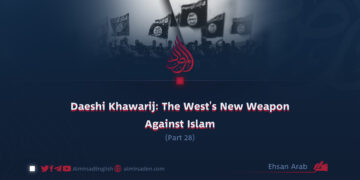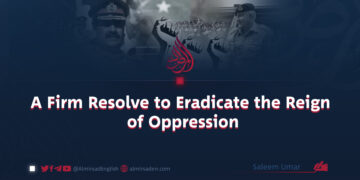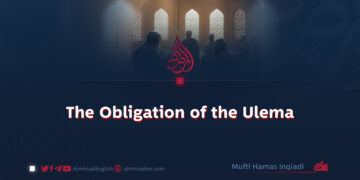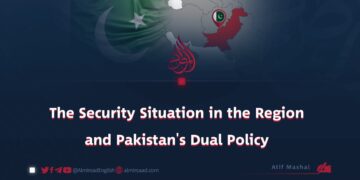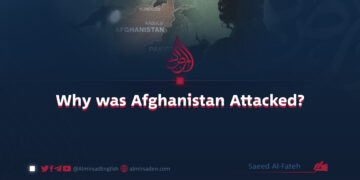Part 5
Written by: Abu Javed
Continuing our discussion on the advantages of the Islamic system, we present additional key benefits:
6. Eradication of Poverty and Destitution:
Poverty and destitution remain global challenges that nations, organizations, and international institutions have failed to resolve. However, Islam offers a comprehensive and remarkable solution that effectively eliminates poverty and destitution from society.
The system of Zakat in Islam is designed to create a society where no one remains impoverished. Its proper implementation fosters an environment unmatched even by modern, developed nations. In addition to Zakat, Islam encourages voluntary charity (Sadaqat), almsgiving (Khayraat), and assigns the Bait-ul-Mal (public treasury) the responsibility of supporting the needy — provisions largely absent in other systems.
7. Islam as a Creed-Based System
The Islamic system is rooted in Aqeedah (belief). It views life and the world through this lens, rejecting tribalism, nationalism, and patriotism. Instead, it fosters unity among its followers based on a shared faith and ideology, binding them firmly through Islam.
This strong religious bond has made it impossible for oppressive rulers and contemporary Dajjāls to sever this connection.
The Prophet Muhammad (peace and blessings be upon him) said:
“الْمُسْلِمُ أَخُو الْمُسْلِمِ لَا يَظْلِمُهُ وَلَا يُسْلِمُه”
Translation: “The Muslim is the brother of the Muslim, he is not unjust with him nor does he forsake him.” (Narrated by Ahmad in his Musnad)
In another Hadith, he said:
“مثل المؤمنین في توادهم وتراحمهم وتعاطفهم مثل الجسد ” رواه مسلم
Translation: “The believers in their mutual kindness, compassion and sympathy are just like one body. (Muslim)
8. The Islamic System Encompasses All Aspects of Life:
Since Islam itself is comprehensive and complete, the systems derived from it share these qualities. The Islamic system defines the roles and responsibilities of both rulers and subjects. It specifies how leaders should treat their people and guides subjects on their duties toward rulers.
Furthermore, it outlines how Islamic systems should interact with non-Islamic ones across different fields.
Regarding rulers, Islamic jurisprudence emphasizes:
“The ruler’s policy and actions concerning the subjects must be based on their welfare.”
This principle requires leaders to prioritize the well-being of the people. As for subjects, Islam instructs:
“يَا أَيُّهَا الَّذِينَ آمَنُوا أَطِيعُوا اللَّهَ وَأَطِيعُوا الرَّسُولَ وَأُولِي الْأَمْرِ مِنْكُمْ”
Translation:
“O you who have believed, obey Allah and obey the Messenger and those in authority among you.” (Surah An-Nisa, 4:59)
The comprehensive nature of Islam is highlighted in various verses, such as:
“و نزلنا علیک الکتاب تبیانا لکل شئ”
Translation:
“And We have sent down to you the Book as an explanation for everything.” (Surah An-Nahl, 16:89)
And:
“ما فرطنا في الکتاب من شئ “
Translation:
“We have neglected nothing in the Book.” (Surah Al-An’am, 6:38)
Every aspect of life is addressed by the Islamic system, which offers clear guidance for governance, social interactions, and public policy. The words and actions of the Prophet Muhammad (peace be upon him) serve as foundational principles and references for these systems.































